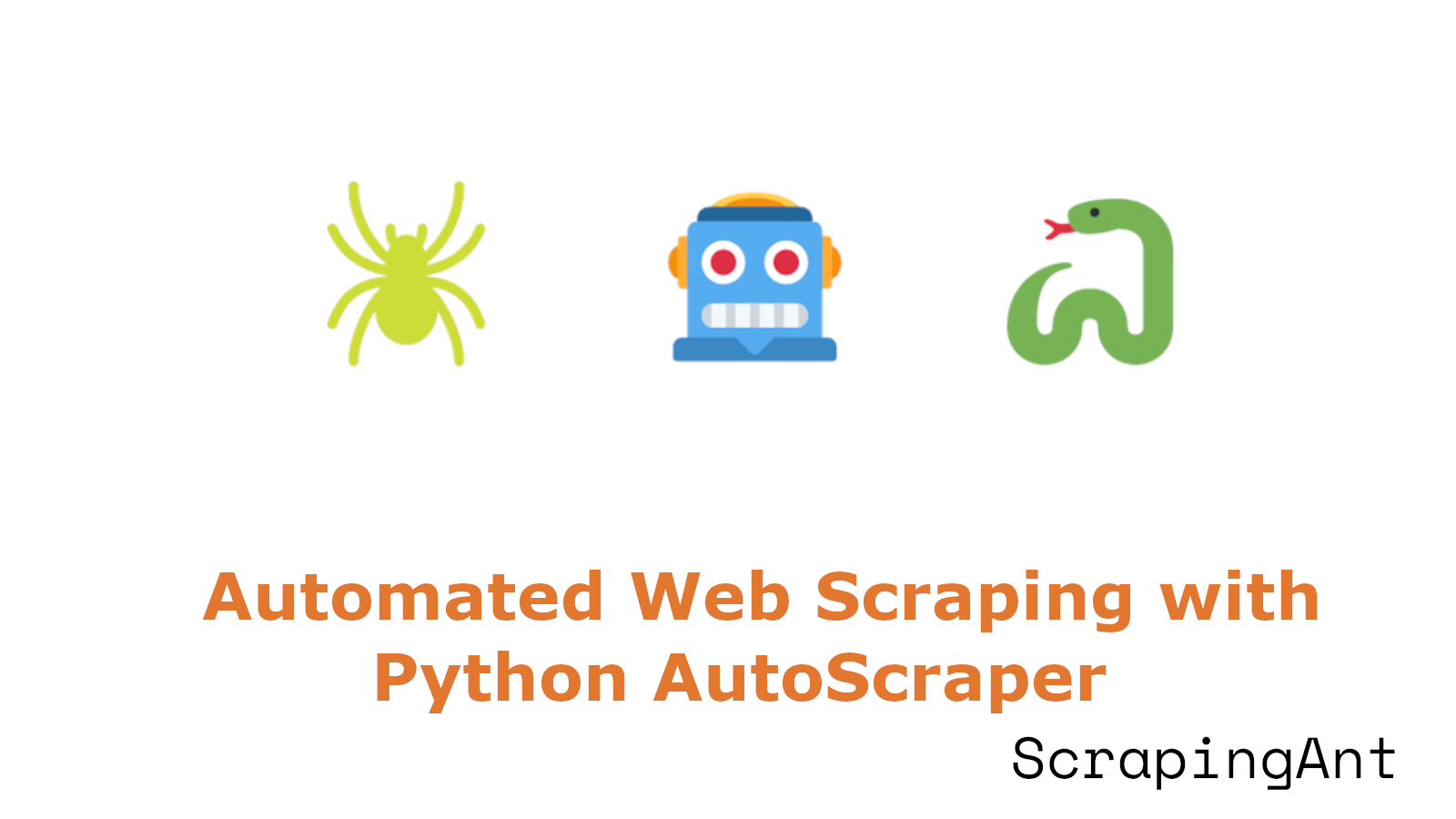
If you want to scrape websites without the hassle of inspecting elements and finding selectors, AutoScraper is the Python library for you. Simply provide the text-based keywords you want to extract, and AutoScraper will handle the rest.

If you want to scrape websites without the hassle of inspecting elements and finding selectors, AutoScraper is the Python library for you. Simply provide the text-based keywords you want to extract, and AutoScraper will handle the rest.

Google News is a popular news aggregator that compiles headlines from thousands of news sources worldwide, making it a valuable resource for web scraping.
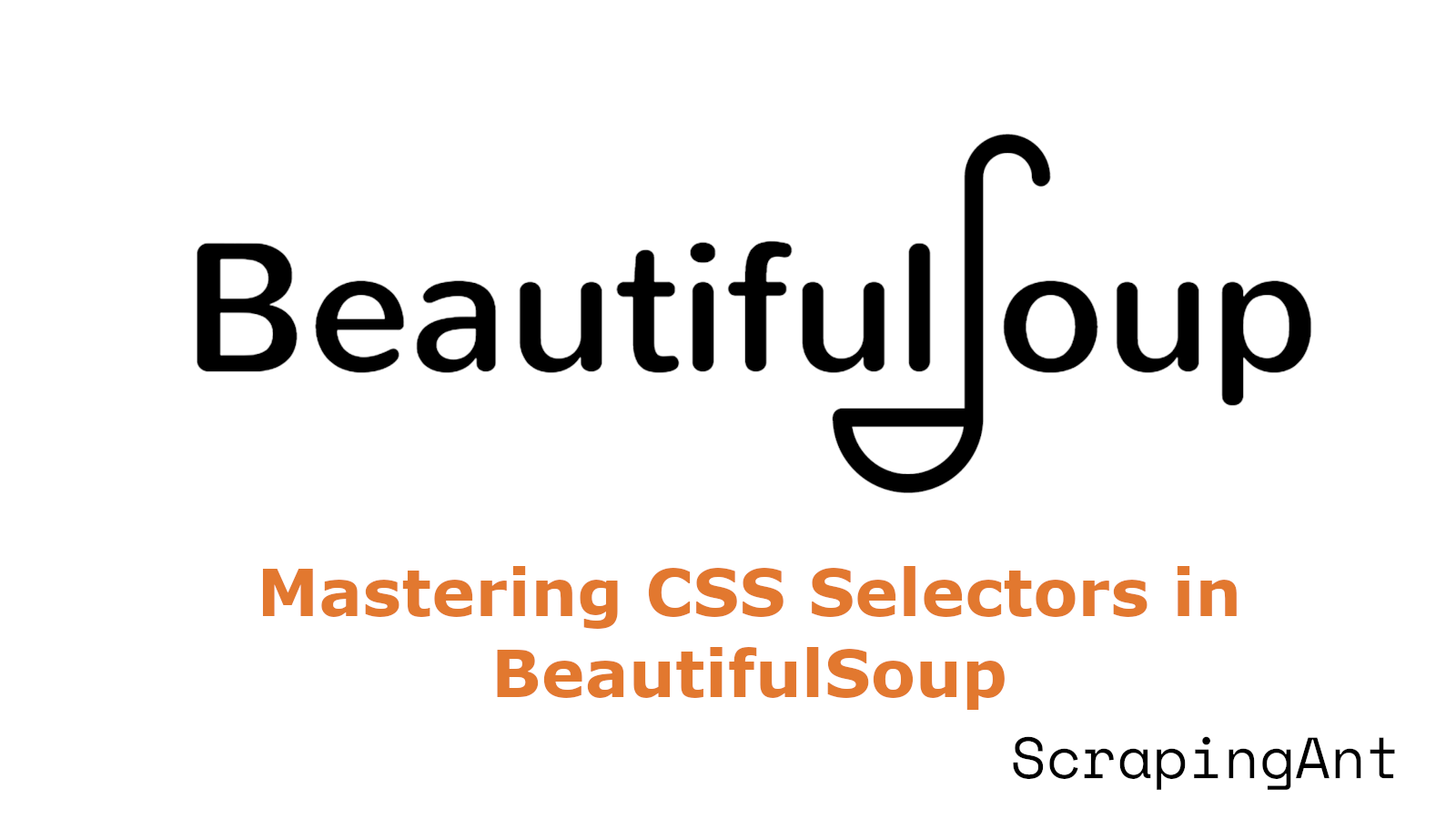
As websites grow more complex and dynamic, the ability to craft precise and performant selectors is crucial for maintaining robust and reliable scraping systems. This research report delves into the intricacies of optimizing CSS selectors for BeautifulSoup, exploring best practices and advanced techniques that can significantly enhance the efficiency and resilience of web scraping projects.
The importance of CSS selectors in web scraping cannot be overstated. They serve as the primary means of navigating and extracting data from HTML documents, acting as a bridge between the scraper and the target website's structure. Moreover, well-crafted selectors can adapt to minor changes in website structures, reducing the need for frequent maintenance and updates.
This report will explore various strategies for enhancing CSS selector efficiency, from leveraging unique identifiers and attributes to implementing dynamic selector generation. We will examine how to balance specificity with flexibility, ensuring that scrapers remain both accurate and adaptable. Additionally, we will investigate advanced techniques such as scoping, parser optimization, and caching, which can further boost the performance of BeautifulSoup-based scraping projects.
As we navigate through these topics, it's important to note that the field of web scraping is constantly evolving. Websites are becoming increasingly sophisticated in their attempts to prevent automated data extraction, making it crucial for scrapers to stay ahead of the curve. By mastering the art of CSS selectors in BeautifulSoup, developers can create more resilient, efficient, and effective web scraping solutions that can withstand the test of time and technological advancement.

This research report delves into the intricate world of exception handling strategies for robust web scraping in Python, a crucial aspect of creating reliable and efficient data extraction systems.
As websites evolve and implement increasingly sophisticated anti-scraping measures, the importance of robust exception handling cannot be overstated. From dealing with HTTP errors and network issues to parsing complexities and rate limiting, a well-designed scraper must be prepared to handle a myriad of potential exceptions gracefully. This report explores both common practices and advanced techniques that can significantly enhance the reliability and effectiveness of web scraping projects.
The landscape of web scraping is constantly changing, with new challenges emerging regularly. According to a recent study by Imperva, bad bots, including scrapers, accounted for 25.6% of all website traffic in 2020, highlighting the need for ethical and robust scraping practices. As websites implement more stringent measures to protect their data, scrapers must adapt and implement more sophisticated error handling and resilience strategies.
This report will cover a range of topics, including handling common HTTP errors, network-related exceptions, and parsing issues. We'll also explore advanced techniques such as implementing retry mechanisms with exponential backoff, dealing with dynamic content and AJAX requests, and creating custom exception hierarchies. By the end of this report, readers will have a comprehensive understanding of how to build resilient web scraping systems that can withstand the challenges of modern web environments.

PyQuery stands out as a robust and intuitive solution, offering a jQuery-like syntax that is familiar to many developers. This comprehensive tutorial delves into the intricacies of using PyQuery for HTML parsing in Python, providing both beginners and experienced developers with valuable insights and techniques.
PyQuery, first released in 2008, has since become a popular choice for developers seeking an efficient way to navigate and manipulate HTML documents (PyQuery Documentation). Its strength lies in its ability to seamlessly blend Python's simplicity with the powerful selector syntax of jQuery, making it an ideal tool for web scraping, data extraction, and dynamic content manipulation.
This tutorial will guide you through the fundamental concepts of PyQuery, starting with basic usage and element selection techniques. We'll explore how to install and import the library, load HTML content from various sources, and utilize both simple and advanced selectors to target specific elements within a document. As we progress, we'll delve into more advanced topics, including DOM traversal, complex filtering methods, and dynamic content manipulation.
By the end of this tutorial, you'll have a comprehensive understanding of how to leverage PyQuery's capabilities to efficiently parse and manipulate HTML content in your Python projects. Whether you're building web scrapers, creating data extraction tools, or developing dynamic web applications, the techniques covered here will equip you with the knowledge to tackle complex HTML parsing tasks with ease and precision.
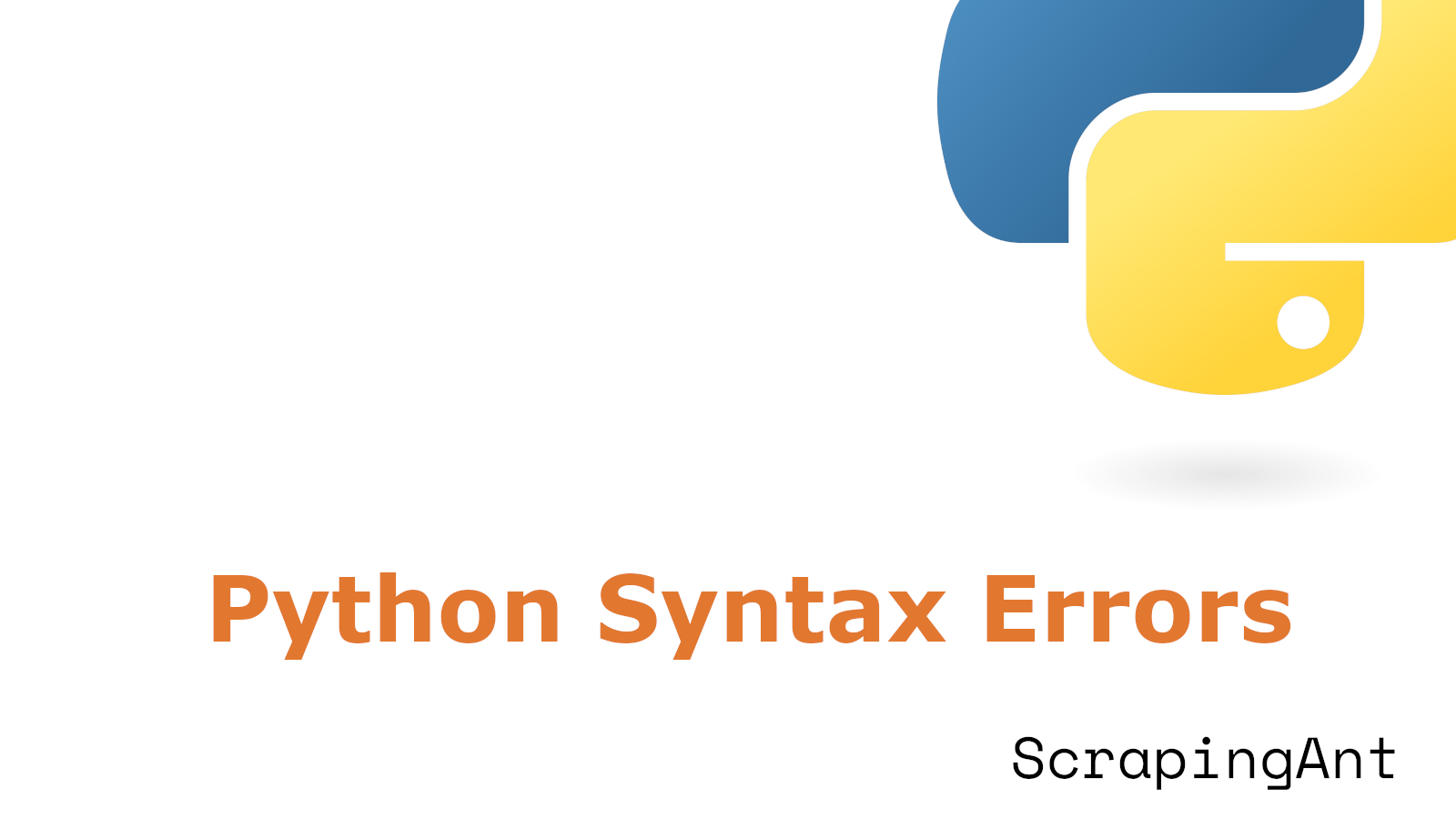
Python, renowned for its simplicity and readability, is not immune to syntax errors that can perplex both novice and experienced programmers. As we delve into the intricacies of Python syntax errors, it's crucial to understand that these mistakes are not just stumbling blocks but opportunities for learning and improving code quality. Syntax errors occur when the code violates the language's grammatical rules, preventing the program from running successfully.
The importance of addressing syntax errors cannot be overstated. They are the first line of defense against logical errors and can significantly impact the development process. According to a study by the University of Cambridge, syntax errors account for a substantial portion of debugging time in software development (Cambridge University Press).
In recent years, Python has made significant strides in improving error messages, particularly with the release of Python 3.10 (Python.org). These enhancements aim to provide more informative and user-friendly feedback, making it easier for developers to identify and rectify syntax issues promptly.
This research report will explore common types of Python syntax errors, techniques for interpreting error messages, and tools available for identifying these issues. We will also discuss best practices for avoiding syntax errors and advanced techniques for handling complex cases. By understanding these aspects, developers can write more robust code, reduce debugging time, and improve overall productivity in Python programming.
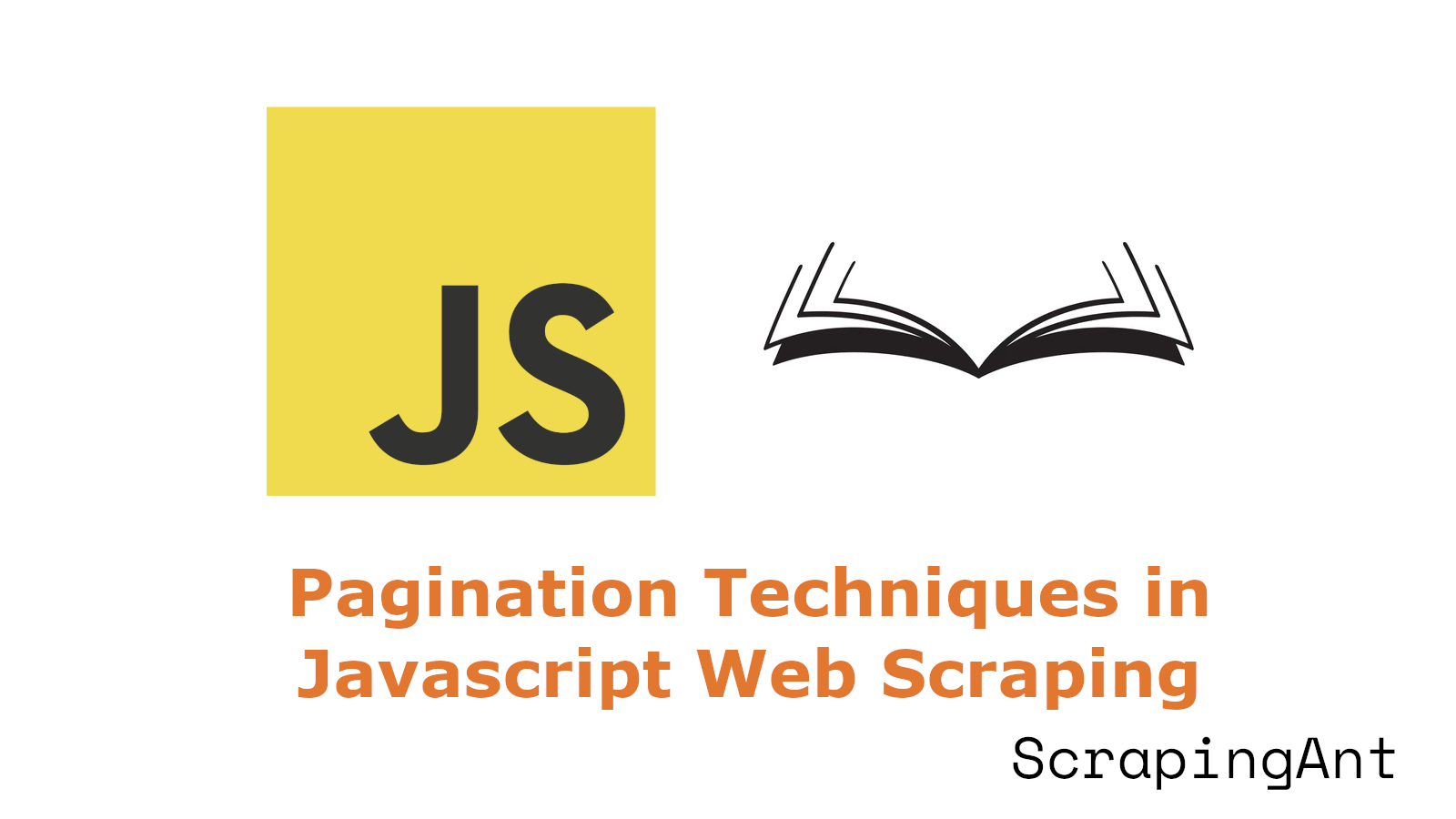
As web applications evolve, so do the methods of presenting and organizing content across multiple pages. This research report delves into the implementation of pagination in JavaScript web scraping, exploring various techniques and best practices that enable developers to navigate and extract data from paginated content effectively.
Pagination has become an integral part of modern web design, with 62% of websites using URL-based pagination, according to a study by Ahrefs. This prevalence underscores the importance of mastering pagination techniques in web scraping. From traditional URL-based methods to more advanced approaches like infinite scroll and cursor-based pagination, each technique presents unique challenges and opportunities for data extraction.
The landscape of web scraping is constantly evolving, driven by changes in web technologies and user experience design. For instance, the rise of infinite scroll pagination, particularly on social media platforms and content-heavy websites, has introduced new complexities in data extraction. UX Booth reports that infinite scroll can increase user engagement by up to 40% on content-heavy websites, highlighting its growing adoption and the need for scrapers to adapt.
This report will explore both common pagination patterns and advanced techniques for complex web scraping scenarios. We'll examine the implementation of various pagination methods in JavaScript, providing code samples and detailed explanations for each approach. From handling dynamic URL-based pagination to tackling multi-level pagination structures, we'll cover a wide range of scenarios that web scrapers may encounter.
Moreover, we'll discuss the importance of choosing the right pagination technique based on the target website's structure and the nature of the data being scraped. With the web scraping market projected to grow significantly in the coming years, mastering these pagination techniques is essential for developers looking to build robust and efficient web scraping solutions.
By the end of this report, readers will have a comprehensive understanding of how to implement pagination in JavaScript web scraping, equipped with the knowledge to handle various pagination patterns and complex scenarios effectively.
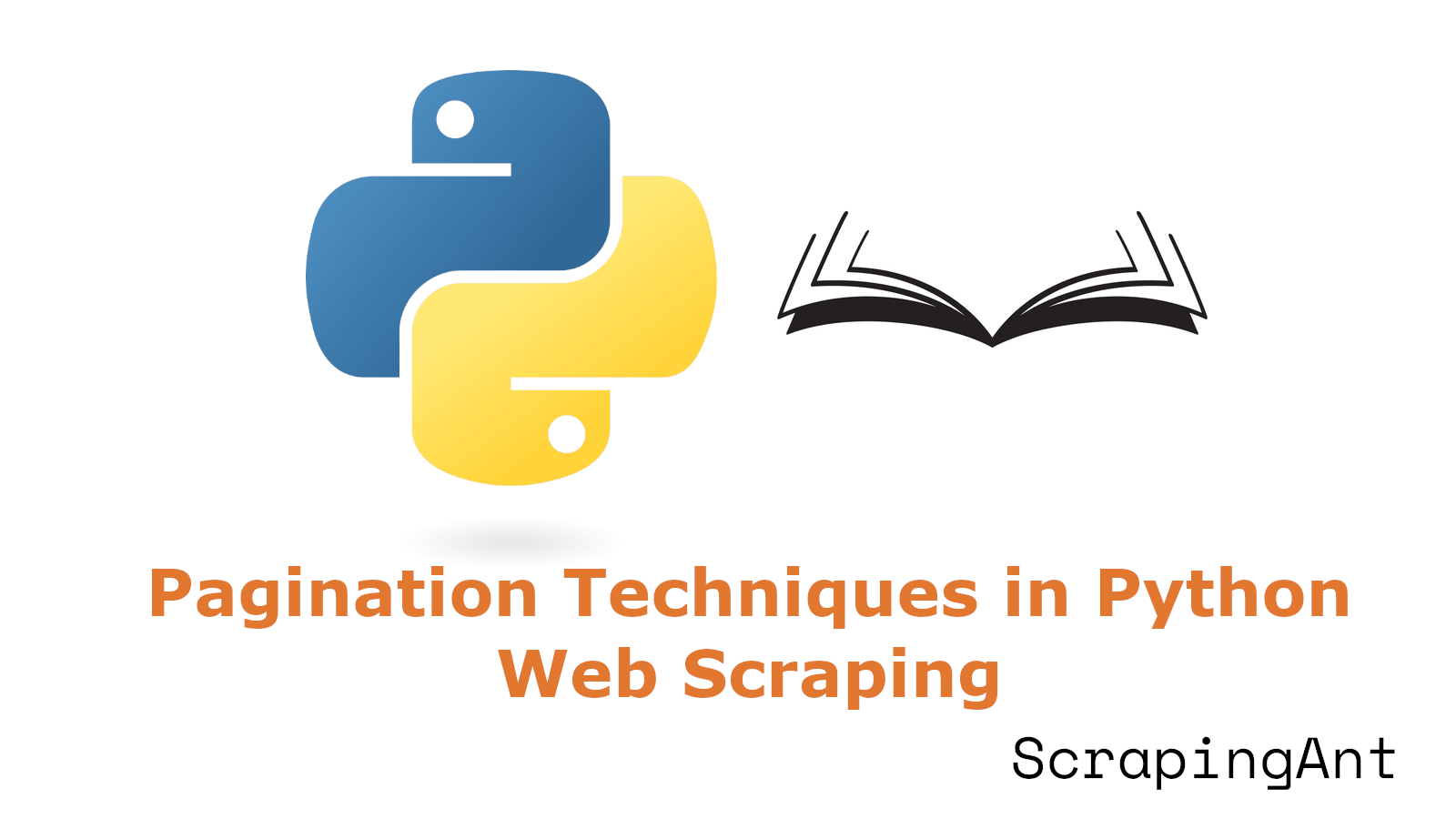
As of 2024, the ability to navigate through paginated content has become an essential skill for developers and data analysts alike. This comprehensive guide delves into various pagination methods in Python, ranging from basic approaches to advanced techniques that cater to the evolving landscape of web design and functionality.
Pagination in web scraping refers to the process of systematically accessing and extracting data from a series of web pages that are linked together. This technique is particularly important when dealing with websites that distribute their content across multiple pages to improve load times and user experience. Approximately 65% of e-commerce websites utilize URL-based pagination, highlighting the prevalence of this method in modern web architecture.
The importance of mastering pagination techniques cannot be overstated. As websites become more complex and dynamic, scrapers must adapt to various pagination styles, including URL-based navigation, 'Next' button traversal, JavaScript-rendered content, and API-based data retrieval. Each of these methods presents unique challenges and opportunities for efficient data extraction.
This article will explore both fundamental and advanced pagination techniques in Python, providing code samples and detailed explanations for each method. We'll cover URL manipulation, HTML parsing with Beautiful Soup, handling dynamic content with Selenium, and implementing asynchronous scraping for improved performance. Additionally, we'll discuss best practices for ethical scraping, including intelligent rate limiting and backoff strategies to avoid overwhelming target servers.
By the end of this guide, readers will have a comprehensive understanding of how to implement robust pagination strategies in their Python web scraping projects, enabling them to handle a wide array of website structures and pagination patterns efficiently and responsibly.

One such formidable obstacle for uncontrolled data extraction is Imperva Incapsula, a cloud-based application delivery service that provides robust web security and bot mitigation. This comprehensive research report delves into the intricacies of bypassing Imperva Incapsula protection in web scraping, exploring both the technical challenges and ethical considerations inherent in this practice.
Imperva Incapsula has established itself as a leading solution for website owners seeking to protect their digital assets from various threats, including malicious bots and unauthorized scraping attempts. Its multi-layered approach to security, spanning from network-level protection to application-layer analysis, presents a significant hurdle for web scrapers. Understanding the underlying mechanisms of Incapsula's detection methods is crucial for developing effective bypassing strategies.
However, it's important to note that the act of circumventing such protection measures often treads a fine line between technical innovation and ethical responsibility. As we explore various techniques and strategies for bypassing Incapsula, we must also consider the legal and moral implications of these actions. This report aims to provide a balanced perspective, offering insights into both the technical aspects of bypassing protection and the importance of ethical web scraping practices.
Throughout this article, we will examine Incapsula's core functionality, its advanced bot detection techniques, and the challenges these pose for web scraping. We will also discuss potential solutions and strategies, complete with code samples and detailed explanations, to illustrate the technical approaches that can be employed. Additionally, we will explore ethical alternatives and best practices for data collection that respect website policies and maintain the integrity of the web ecosystem.
By the end of this report, readers will gain a comprehensive understanding of the complexities involved in bypassing Imperva Incapsula protection, as well as the tools and methodologies available for both technical implementation and ethical consideration in web scraping projects.
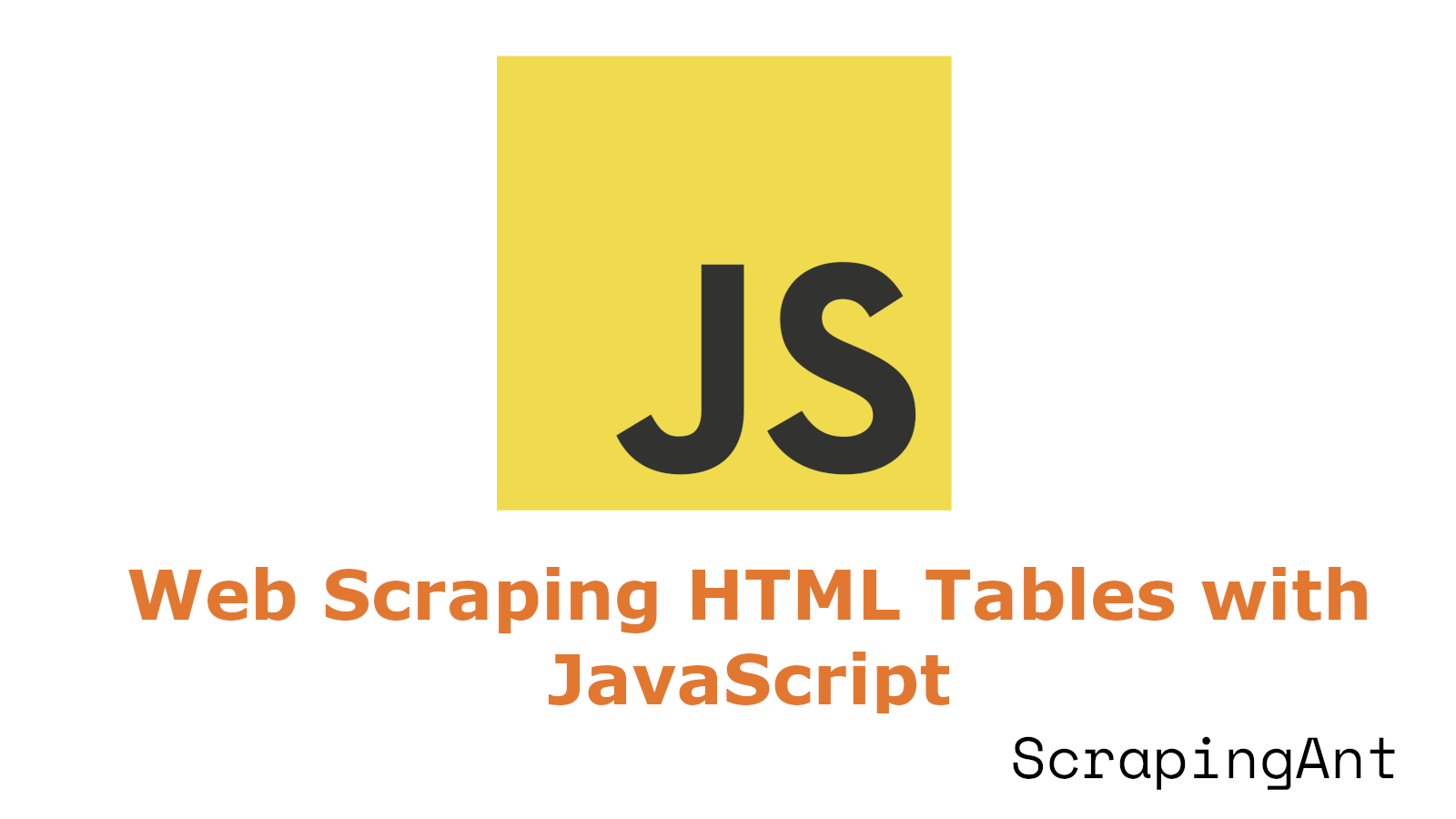
This article delves into the world of web scraping HTML tables using JavaScript, exploring both basic techniques and advanced practices to help developers efficiently collect and process tabular data from web pages.
JavaScript, with its robust ecosystem of libraries and tools, offers powerful capabilities for web scraping. By leveraging popular libraries such as Axios for HTTP requests and Cheerio for HTML parsing, developers can create efficient and reliable scrapers (Axios documentation, Cheerio documentation). Additionally, tools like Puppeteer and Playwright enable the handling of dynamic content, making it possible to scrape even the most complex, JavaScript-rendered tables (Puppeteer documentation).
In this comprehensive guide, we'll walk through the process of setting up a scraping environment, implementing basic scraping techniques, and exploring advanced methods for handling dynamic content and complex table structures. We'll also discuss crucial ethical considerations to ensure responsible and lawful scraping practices. By the end of this article, you'll have a solid foundation in web scraping HTML tables with JavaScript, equipped with the knowledge to tackle a wide range of scraping challenges.